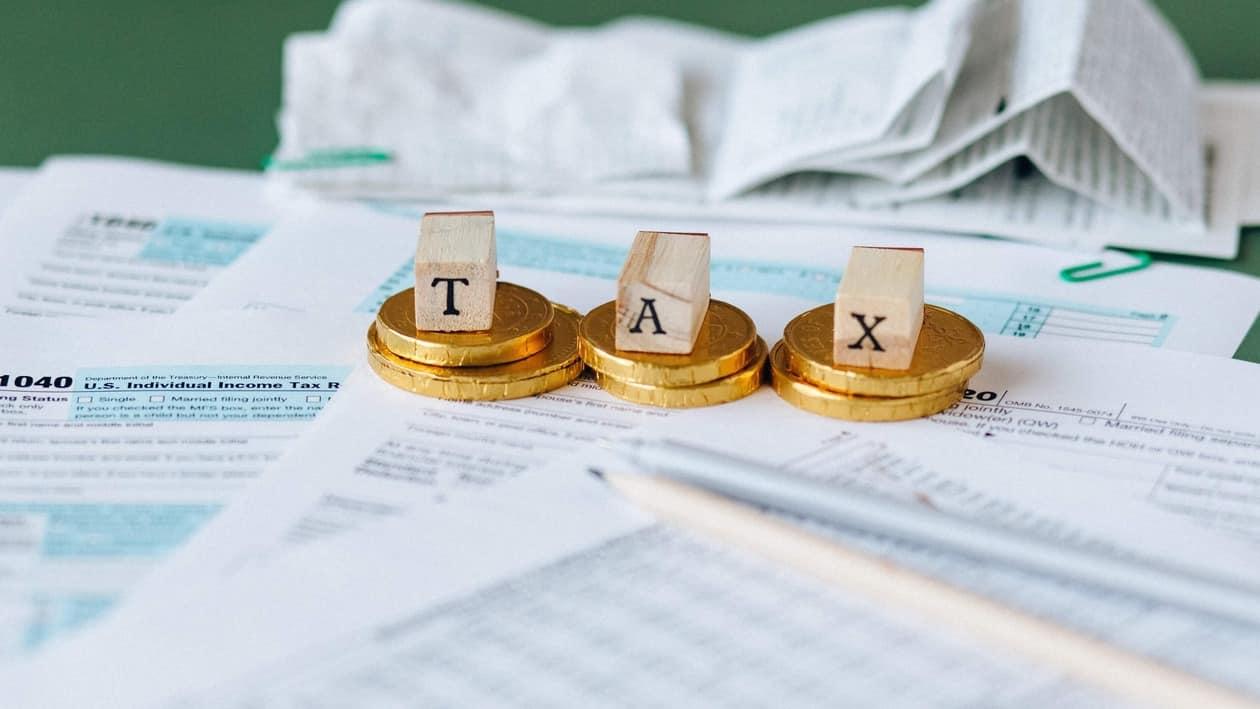Since the tax return filing date is close and if you are an employee, you must have submitted all the documents to HR of the company. You all have already understood the importance of making investments and buying protection plans. But, you need to understand some general rules of the income tax act 1961 as well so that tax planning becomes much easier and in advance.
According to the income tax rules for calculating taxable income, you need to add up income from all the sources, and to reach out the taxable income, you need to deduct allowable deductions (u/s 80C to 80U) from Gross Total Income (GTI). Here are 3 types of income through which deductions are not-allowed to deduct from GTI, with reasons:
Long-term capital gains
Long-term capital gain tax is levied when you sell any asset after meeting the criteria of long-term assets of the respective assets, i.e. for land and building the criteria is 24 months, for equity shares, it’s 12 months.
When you sell long-term assets, the benefit of indexation is allowed, in which the value of assets increases according to inflation, or we can say the time value of money. The rate will be given on the official website of the income tax department. This is the primary reason why other deduction benefits are not given in the income generated under the source of Long term capital gain.
Short-term capital gain under 111A
Short-term capital gain under section 111A is dedicated to the capital gain arising from the sale of equity shares, equity-oriented mutual funds, or the unit of trust. The conditions for falling under this section are-
- The transaction is made through recognised stock exchange,
- On or after 1st April 2004,
- Attracting security transaction tax.
- Sale is made before 12 months of buying the securities.
After satisfying all these conditions, you will not be allowed to claim a deduction from chapter IV, as this section has a flat tax rate system of 15% + cess + surcharge.
Winning from lotteries or gambling
If you are involved in any financial activity which is just a game of chance and does not require any expense to earn such income, you will not be able to claim deductions as these types of incomes are addictive in nature and unethical in the eyes of law.
Such types of income have a different flat tax rate system of 30% of the gross income + cess + surcharge. This income includes winning from lotteries, gambling, horse races, crossword puzzles, card games, or any kind of betting.
Before planning your taxes, make sure that income earned under sources will be taken into account as all these incomes have different tax rates and several exemptions are available too. If any income is falling under the above-mentioned heads, you must have a thorough look at the sections which give you an idea of planning tax accordingly.
Anushka Trivedi is a freelance financial content writer. She can be reached at anushkatrivedi.com
